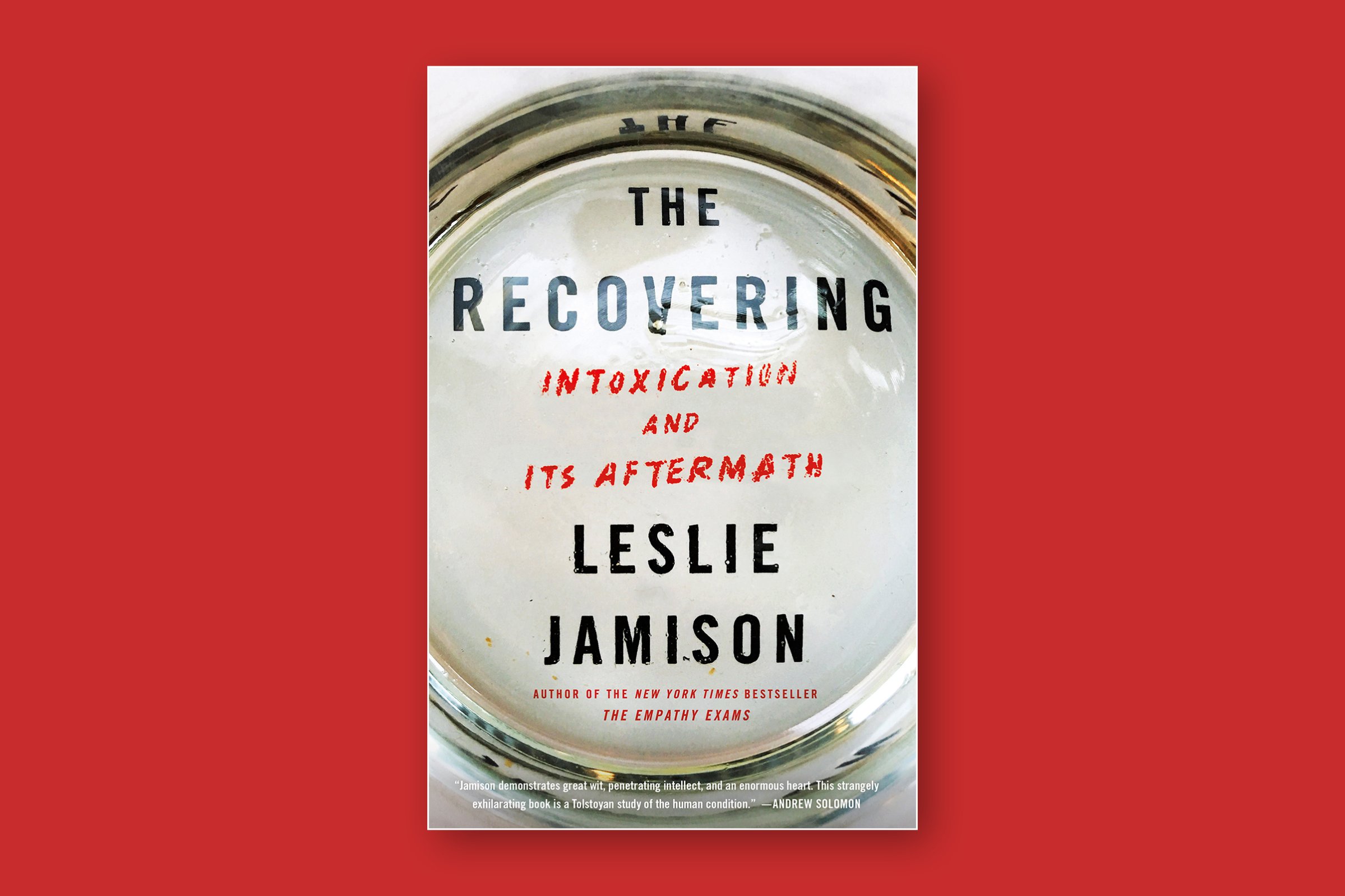
Addiction memoir is a genre with so many tropes–sordid tales of excess and despair tidily resolved by a redemptive ending–that it’s difficult to imagine how a writer could do anything fresh with it. Yet that’s the remarkable feat Leslie Jamison manages in her book The Recovering: Intoxication and Its Aftermath, which seamlessly blends the story of her own alcoholism and subsequent recovery with something like a social, cultural and literary history of addiction.
Jamison, whose 2014 collection of essays The Empathy Exams showed her prodigious gifts as a writer, works in a form that’s both sprawling and dense as she toggles between her own story and the stories of others–both the luminaries whose books she studied as a student, like Raymond Carver and Denis Johnson, and the ordinary people she encountered in her recovery. It’s a neat trick: she satisfies readers who want the grisly details that addiction memoirs promise while dismantling that same genre, interrogating why tales of addiction prove so resonant. At the same time, she wrestles with her own obsessive introspection: “I was so self-absorbed, there should have been a different word for what I was,” she writes. “Of course I would have loved that, if there had been a different word for what I was.”
Jamison is a bracingly smart writer; her sentences wind and snake, at turns breathless and tense. She charts the seductive pleasures of liquor like nobody since Caroline Knapp in her extraordinary memoir Drinking: A Love Story (1996). When Jamison recounts the “velvet apathy” of being drunk, it’s shot through with real yearning. “Booze let me live inside moments without the endless chatter of my own self-conscious annotation,” she writes. “It was like finally going on vacation somewhere beautiful without having to pose for photographs the whole time.”
The title is no mistake; Jamison, now eight years sober, writes candidly and specifically about recovery and sobriety, both the surprising pleasures and white-knuckle miseries, which further differentiates her from so many other writers who have documented their addictions. It’s likely that the genre continues to flourish, even in its least compelling forms, because addiction is so confounding: Why would anyone behave so self-destructively? Addiction resists causality; so does Jamison. “All these tales of why are true and also insufficient,” she writes of the factors that contributed to her drinking. Instead of solving the mystery of why she drank, she does something worthier, digging underneath the big emptiness that lives inside every addict to find something profound.
More Must-Reads from TIME
- Why Trump’s Message Worked on Latino Men
- What Trump’s Win Could Mean for Housing
- The 100 Must-Read Books of 2024
- Sleep Doctors Share the 1 Tip That’s Changed Their Lives
- Column: Let’s Bring Back Romance
- What It’s Like to Have Long COVID As a Kid
- FX’s Say Nothing Is the Must-Watch Political Thriller of 2024
- Merle Bombardieri Is Helping People Make the Baby Decision
Contact us at letters@time.com